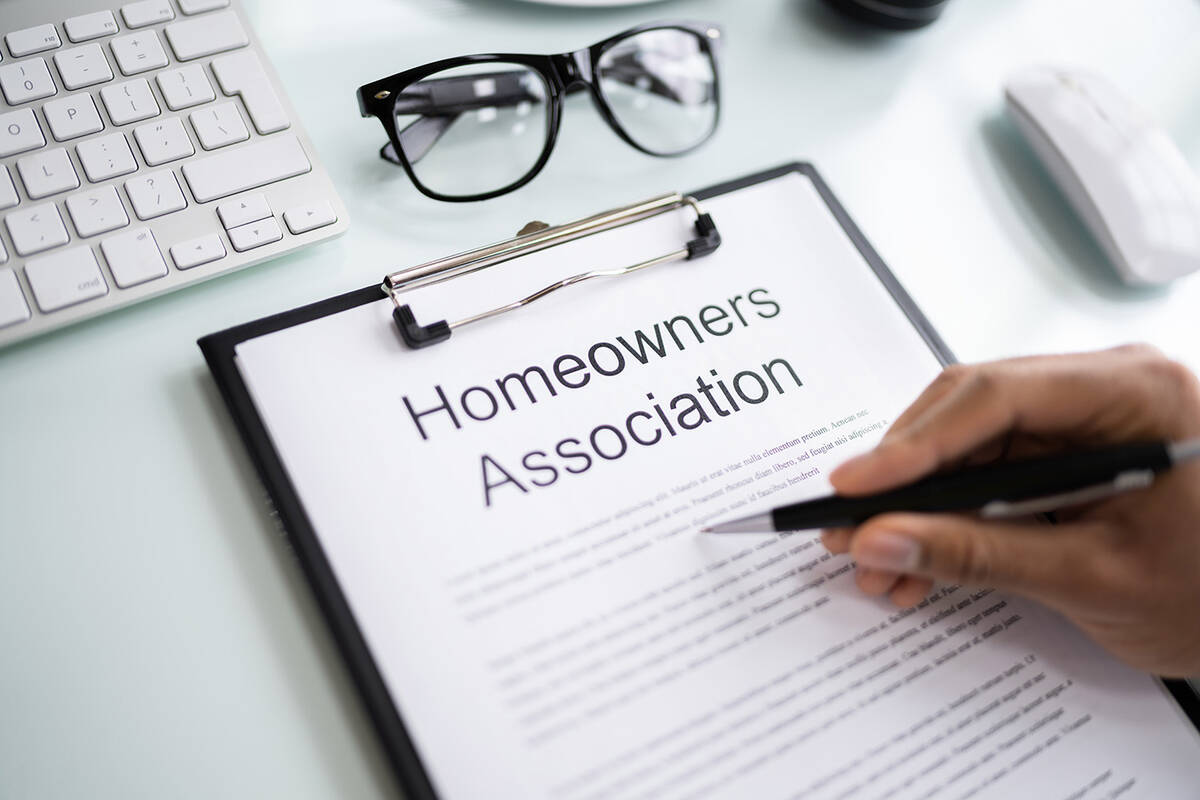Community manager refuses to provide tenant information
Q: Our homeowners association rules require property owners to submit tenant name, contact information and lease agreement. The same data collection form is used for owners and tenants, and complies with Nevada Revised Statutes 116.335. However, our community association manager refuses to provide this tenant information to the board, citing privacy concerns. Is this justified?
The board wants proof the owner provided the form, and has notified the tenant of our governing documents. Having contact information allows sending notice of gate failures, street maintenance or similar issues.
Trust of our CAM has diminished because we discovered they recently lied to cover up a violation of NRS 116.31083. The CAM claimed proper HOA notification of a poorly attended board meeting, but when residents were contacted afterward, we discovered notice was sent only one day ahead.
Thanks for all your service to our Las Vegas communities.
A: Based upon your comment, there maybe a trust issue between the board and their community manager and management company. If management is collecting this information, there really should be no reason for the board to have this information. If it is a policy, the board would know who has not complied, as violation letters would be sent to those homeowners who did not respond with the requested information or didn’t comply with any other regulation as violation letters would be sent to the residents, both homeowners and tenants.
Your board should be sending copies of the violation letters, which include both the tenant and homeowner in their board packages, as it is the responsibility of the board to instruct management as to the assessment of any fines.
Management companies and community managers are sensitive and are hesitant in providing this kind of information, often citing NRS 116.31175 (4b) records of the association relating to the unit owner to be confidential.
Q: I am wondering when the names of candidates can be released to homeowners by the community management association? Can the names be released as applications are submitted? Do all the names have to be released a certain number of days before the election or the day after the application deadline?
I checked our community’s rules and regulations and NRS 116. I couldn’t find anything
Thank you so much.
A: NRS 116 is silent: There is no statute concerning the release of the candidates’ names. This is strictly a board decision. Some boards will sponsor a candidate event so that homeowners can meet them and listen to them talk about their agendas of what they would like to change. For other associations the names will be announced when homeowners receive their ballots.
Q: Our current covenants, conditions and restrictions state the HOA is responsible for maintenance of front yards (e.g. mowing, trimming, etc). The current board would like to change this as a money-saving step and have residents become responsible for their own front yards. They have put it up for a vote at least twice in the last couple years and have been unable to obtain the necessary super majority to change the CC&Rs. They have now notified us that it is coming up for a vote again. Is there any limit as to how often or how many times they can propose this change?
A: Unfortunately, the answer is no. There is no law that would prevent the board for trying to change the CC&Rs as long as they follow the proper procedures.
Barbara Holland, CPM, CMCA, is an author, educator and expert witness on real estate issues pertaining to management and brokerage. Questions may be sent to holland744o@gmail.com.



















